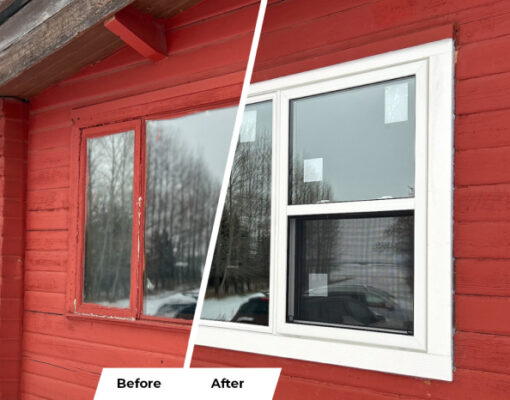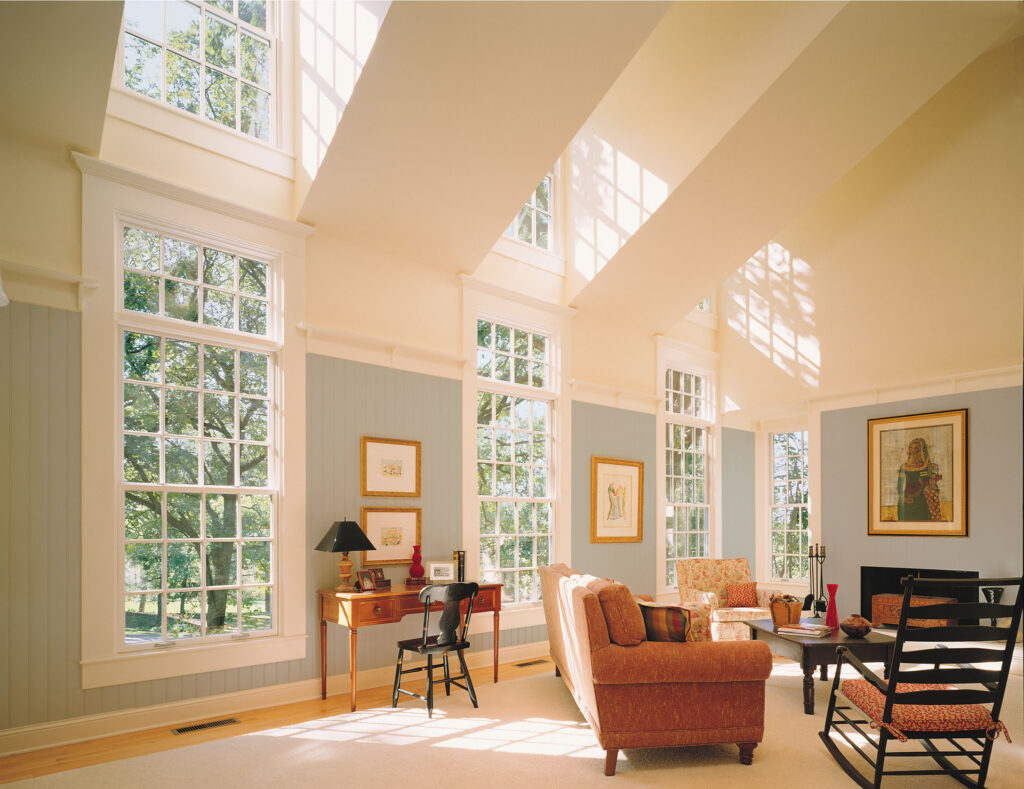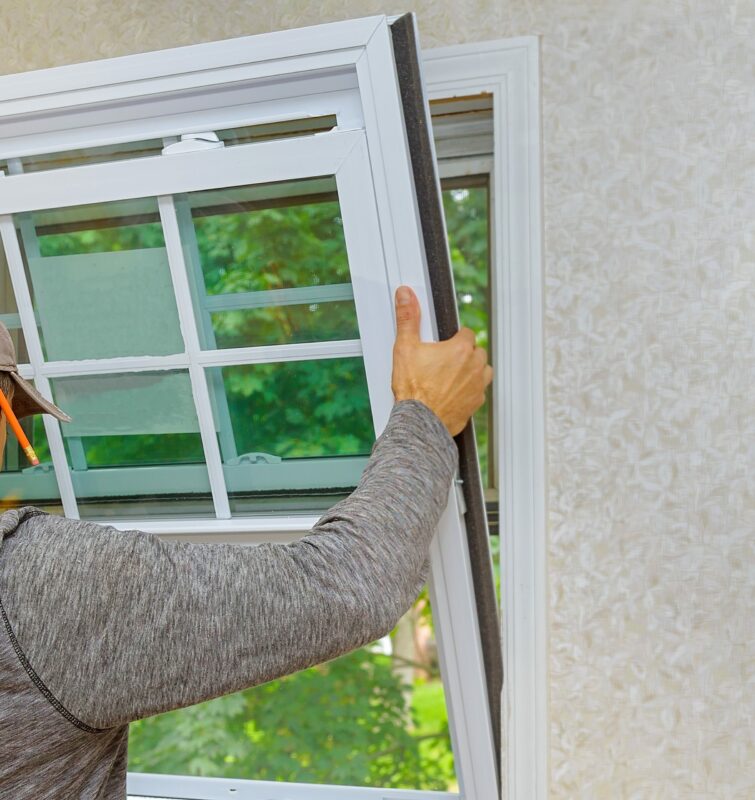Replacing your windows is a significant investment that can greatly enhance your home’s energy efficiency, curb appeal, and overall value. However, the cost of a window replacement project can be substantial. Fortunately, there are several financing options available, including a window replacement loan, to help homeowners manage the expenses. This article will guide you through various financing options, helping you find the best way to fund your window upgrade.
What is a Window Replacement Loan?
A window replacement loan is a type of financing specifically designed to cover the costs associated with replacing your home’s windows. These loans can come in various forms, including personal loans, home equity loans, and even special financing programs offered by window manufacturers. The primary benefit of such loans is that they allow homeowners to spread the cost of window replacement over time, making it more affordable.

Financing Options for Window Replacement
When considering how to finance your window replacement, you have several options to choose from:
- Personal Loans: These are unsecured loans that do not require collateral. They typically come with fixed interest rates and repayment terms, making budgeting easier. Personal loans are a good choice for smaller window replacement projects.
- Home Equity Loans: If you have built up equity in your home, a home equity loan or line of credit (HELOC) can provide the necessary funds for window replacement. These loans are secured by your home, often resulting in lower interest rates.
- Manufacturer Financing: Some window manufacturers and contractors offer financing directly to customers. These programs may include low-interest or deferred-interest options, making them a convenient choice if you prefer to finance through the company handling the installation.
- Credit Cards: Using a credit card can be a short-term solution for financing window replacement, especially if you can take advantage of a low-interest rate or a promotional period. However, this option should be used cautiously to avoid accumulating high-interest debt.
Comparing Window Frame Materials for Replacement
When planning your window replacement, it’s essential to consider the different window frame materials available. Each material has its pros and cons in terms of durability, maintenance, and cost. Here’s a comparison of some common window frame materials:
| Window Frame Material | Durability | Maintenance | Cost | Energy Efficiency |
|---|---|---|---|---|
| Wood | High, but requires maintenance | Regular upkeep needed | High | Excellent |
| Vinyl | Moderate | Low maintenance | Affordable | Good |
| Aluminum | High | Minimal maintenance | Moderate to High | Less efficient |
| Fiberglass | Very High | Low maintenance | Higher initial cost | Excellent |
Energy-Efficient Window Financing
If you’re looking to replace your windows with more energy-efficient options, there are specific loans and incentives available to make this more affordable:
- Energy-Efficient Window Loans: These are designed to encourage homeowners to install energy-saving windows. Some lenders may offer lower interest rates or better terms for loans used to finance energy-efficient improvements.
- Rebates and Tax Credits: Check with local, state, or federal programs that offer rebates or tax credits for energy-efficient home improvements, including window replacement.

Choosing the Right Financing Option
Selecting the best financing option for your window replacement project depends on various factors, including your financial situation, credit score, and the scope of the project. Here are some tips to help you decide:
- Assess Your Budget: Determine how much you can afford to borrow and repay comfortably. Consider both the upfront costs and the long-term benefits of different financing options.
- Compare Interest Rates: Look for loans with the lowest interest rates to reduce the overall cost of your loan.
- Consider Loan Terms: Longer repayment terms may mean lower monthly payments but could result in paying more interest over time.
- Explore Incentives: Take advantage of any available rebates, tax credits, or special financing for energy-efficient window replacements.
Conclusion
Investing in new windows is a significant home improvement that can enhance energy efficiency, increase property value, and improve your living environment. By understanding your options for a window replacement loan and comparing different financing methods, you can choose the best solution that fits your budget and needs. Whether you opt for a personal loan, home equity financing, or manufacturer’s financing, the right choice will ensure that your window replacement project is both affordable and beneficial in the long run.



